“When in Rome” (or wherever you’re travelling) you’re bound to encounter food customs you never knew existed. Whether it’s flipping a fish on a plate, slurping noodles or asking for salt and pepper, there are many ways to offend with food that you aren’t even aware of. Learn a thing or two before your next trip, and you’ll know how to eat like a local.
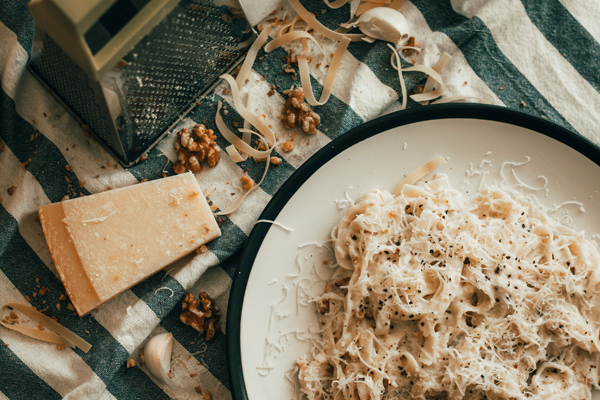
Fish is Never Cheesy
Most North Americans might think nothing of adding grated Parmesan to a plate of shrimp linguine, or any type of seafood pasta, but this is unheard of in Italy, where the idea of combining cheese and seafood is seen as a culinary catastrophe.
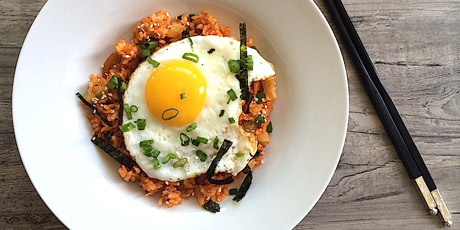
Respect Your Elders
In South Korea, it’s seen as a sign of great respect to refrain from beginning to eat until the oldest person at the table has had his or her first bite. Only then can everyone else join in.
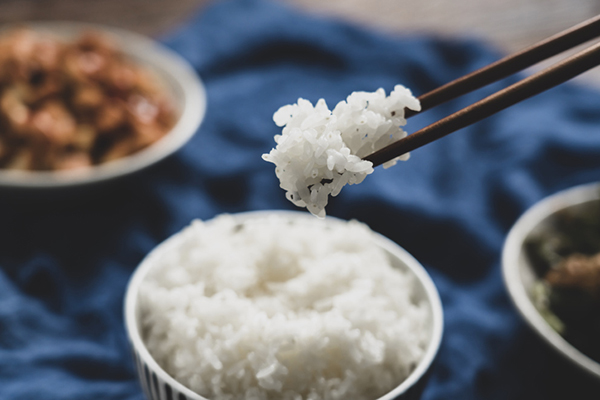
Chopstick Etiquette
Leaving your chopsticks sticking upright in a bowl of rice is seen as gauche in China, as that’s how ceremonial rice is typically left as an offering at funerals. It’s also seen as the height of rudeness to wave chopsticks in someone’s direction, or even to leave them on the table pointing directly at someone else.
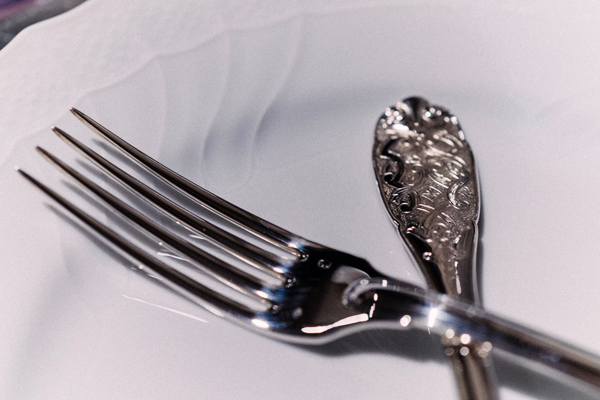
Don't Fork Around
You probably think forks should be used to spear food from your plate in order to place it in your mouth. Not so in Thailand, however, where it’s considered crude to eat this way, when everybody knows the only use for this utensil is to push food onto a spoon, which is then placed into the mouth.
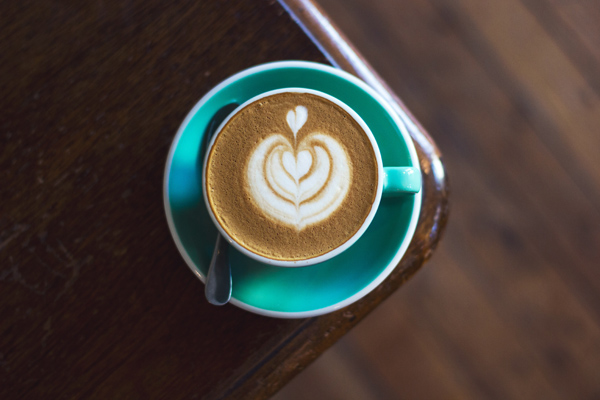
After-Dinner Milk, Anyone?
Italians will give you the evil eye if you order a frothy cappuccino after dinner, as drinking milk after a meal is seen as hindering indigestion. While ordering a milky beverage after a meal in Italy won’t incite outrage, it will out you as a tourist.
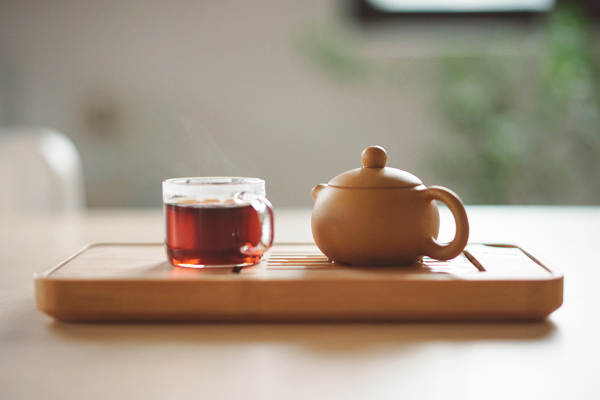
Tea Time
When drinking tea in Britain, there are a lot of rules to observe — many involving the teaspoon. For example, when stirring tea, the spoon should never touch the sides of the cup, thus avoiding that annoying tinkling sound (and possibly chipping fine-bone china). Also, never leave the spoon in the cup; place the spoon on the saucer like a proper tea drinker.
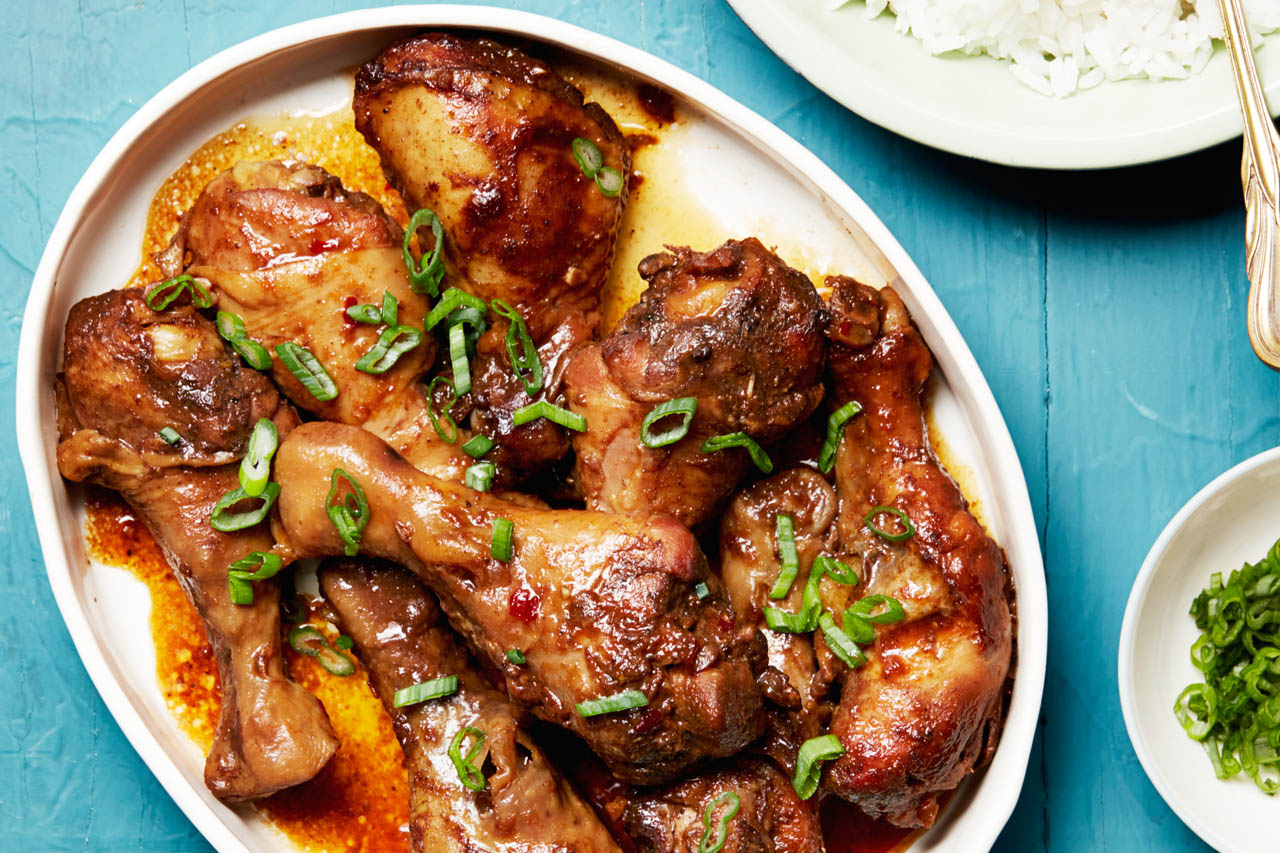
Look, No Hands
Even if chicken drumsticks are on the menu, in Chile it’s customary to use a knife and fork to eat, well, pretty much everything. Food, it’s believed, should never be eaten with one’s hands.
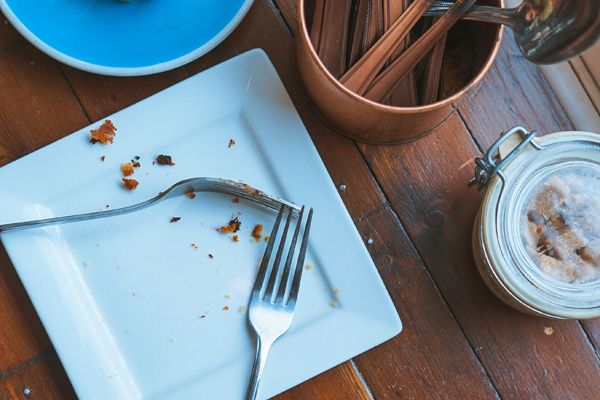
Clean Your Plate... Or Don't
In Japan and India, cleaning one’s plate is seen as honouring your host, expressing how much you enjoyed the meal. But this isn’t true everywhere. In China, for example, it’s seen as a message that your host didn’t feed you enough, and it’s considered rude to not leave at least a bit of uneaten food on the plate.
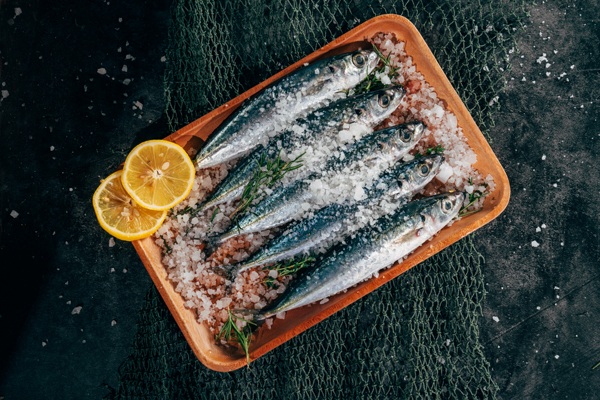
Don't Flip the Fish
If served a whole fish in China, the worst thing you can do is flip it over to get at the other side. Flipping a fish is superstitiously known to symbolize capsizing a boat — never a good thing.
